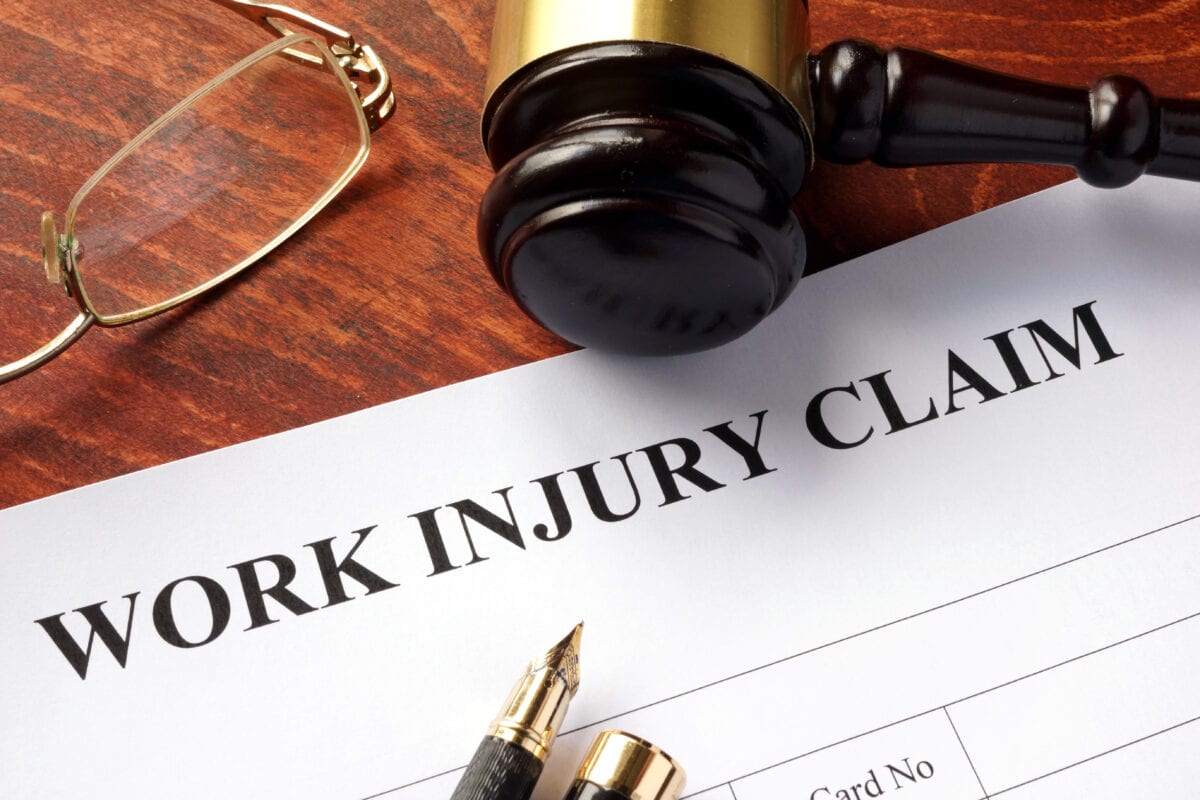You may have a Workers’ Compensation claim without even knowing it. An injury used to be defined as “violence to the physical structure of the body.” Now in the realm of workers compensation, an injury is no longer just an accident that results in a physical injury. The court did away with that definition back in 1972 and broadened it, allowing for more compensable claims. The Workers’ Compensation court focuses much less on defining an injury and more on whether the injury is related to employment. The injury does not need to be pinpointed to a specific event or definable incident, as long as the injury arises in the course of employment and is related to the employment, regardless of the employee’s previous physical condition. Also, the definition of an injury includes aggravation, reactivation, acceleration, or death resulting from the injury.
Time and time again a client comes to see us with a new injury, but they are unsure if they have a claim because of their medical history. Let’s take, for example, a nurse who injured her right shoulder while transporting her patient from a wheelchair to a hospital bed. However, two years ago, she was involved in a motor vehicle accident that resulted in an injury to the same shoulder. The insurance company denied the nurse’s claim, citing a pre-existing condition. We see this far too often. On one hand, the nurse may have had some treatment and fully recovered from the motor vehicle injury. If that is the case, we will handle the matter like any other traumatic injury.
On the other hand, let’s say the nurse developed some arthritis in the right shoulder as a result of the motor vehicle accident, or just from general aging or degeneration. Her shoulder did not bother her, also known as “asymptomatic”, following the motor vehicle accident. The nurse went back to work and was able to perform her job duties without any issues. She then moves her patient and feels pain in her right shoulder. Now, she is unable to perform her usual job duties. Her doctors believe she aggravated her pre-existing right shoulder arthritis. The nurse can, and should, seek Workers’ Compensation benefits because her work injury caused her current disability.
Additionally, you do not need to suffer a specific injury to be entitled to Workers’ Compensation benefits. The court acknowledged that “work-related disability may be shown to result from the cumulative effect of the recurring trauma of the work duties.” Therefore, Workers’ Compensation includes injuries resulting from cumulative or repetitive movements. This is very common, and we effectively litigate these types of cases on a regular basis. An example of this is a warehouse worker who constantly bends down to pick up and move boxes who starts to experience pain in his lower back. He cannot point to a specific event that caused his pain, but the repetitive act of bending over throughout the day certainly caused the pain in his lower back. Eventually, the warehouse worker can no longer perform his job duties because the pain in his lower back. Under the Workers’ Compensation Act, this type of injury is compensable.
You should also know that the Act covers specific loss benefits. These benefits relate to loss (amputation) or permanent loss of use of member of the body, hearing impairment greater than 10%, loss of vision in one or both eyes and disfigurement. Disfigurement must be to the head, neck or face area and must be serious, permanent and unsightly. Specific loss benefits are an exclusive remedy that precludes consideration of any disability that normally flows from that injury. In other words, it does not matter if, or how long, an employee is out of work. He or she will receive benefits corresponding to a pre-determined amount of weeks spelled out in the Workers’ Compensation Act. For instance, you are entitled to 335 weeks of benefits if you lose your hand; 250 weeks for a foot; or 40 weeks for a big toe, etc., regardless of how long you are out of work. Let’s use a mechanic as an example here. One day, the mechanic severely cuts his left thumb while working on a car. He goes to the hospital and they have to amputate most of the thumb. The mechanic misses some work but is back to full duty shortly thereafter. Despite the fact he is back to work, the mechanic is entitled to 100 weeks of benefits. The mechanic may also be entitled to additional weeks known as a “healing period.” Like specific loss benefits, the healing period corresponds to an already set amount of weeks. The difference with the healing period is that it ceases if the employee returns to work without impairment in earnings before the expiration of the healing period.
In sum, Workers’ Compensation injuries come in all different shapes and sizes. The examples above are only a small sample of the injuries covered by the Workers’ Compensation Act. You may have suffered a psychological injury or occupational disease; these are also compensable under the Act. It is important to know your rights and what you are entitled to if you suffer an injury in the course of your employment.
Contacting An Experienced Workers’ Compensation Attorney
If you or a loved one has been injured in a work-related accident, call us at (215) 999-1443 or contact us by using the assistant or by filling out our contact form. The initial workers’ compensation consultation is free-of-charge!
 (215) 999-1443
(215) 999-1443

